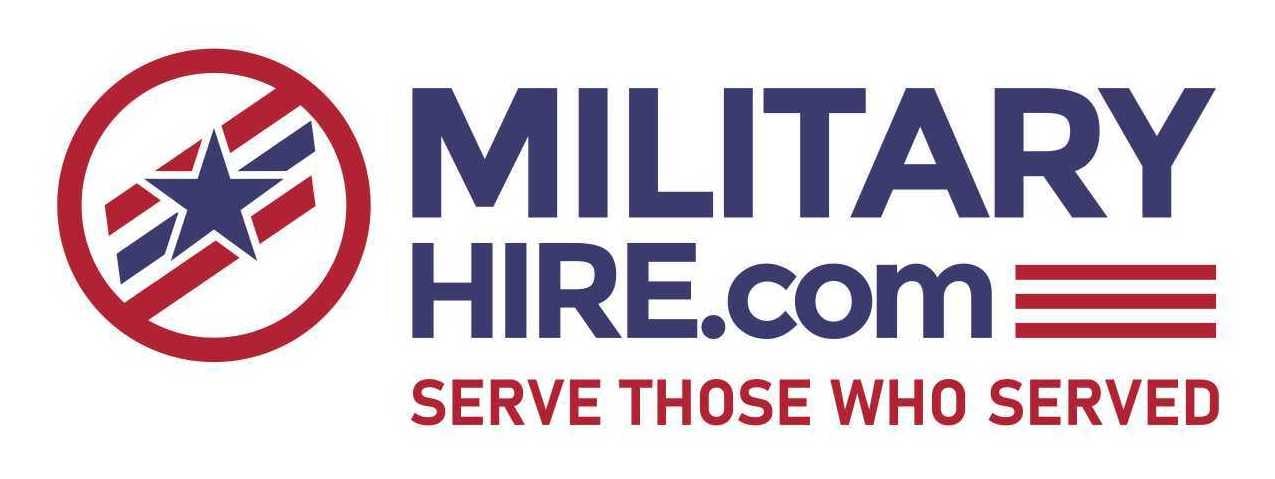What Not to Ask in an Interview

Questions You Should Never Ask During the Interview Process, And Why
At the end of most interviews, candidates can expect to be asked one final question: “Do you have any questions for us?” While it is a best practice to come prepared for this question and to have some potential questions jotted down to refer to (yes, it’s okay to pull out your list of questions, in fact, that often makes a very positive impression on the hiring team because it shows you have done some preparation), there are certain questions that are better left unasked. Why? Because they may paint you in a negative light or suggest that your interests are more personally than organizationally oriented.
Here’s a look at some questions, and lines of questioning that job seekers are well advised to avoid.
Google It!
One big don’t do? “Don’t ask questions that you can easily Google,” advises John Crossman is CEO of Crossman & Company, a real estate firm. For instance, he says: “Don’t ask about the history of the company or their mission statement. These are things you should know.”
<p” style=”box-sizing: border-box;”>Company websites are obviously a good source of information about the organization and often include sections specifically designed to provide job seekers with information about the company. In addition, sites like Glassdoor and social media sites like LinkedIn, Twitter and others can provide some insights from others’ perspectives.
Do your homework before participating in the interview and avoid asking any questions that could have been asked and answered through a quick online search. Then, turn that research to your advantage by referencing it during the interview and posing a follow-up questions. For instance, you’re applying for an HR management position and your research reveals that the company you’re interviewing with recently expanded into a new market. You might say: “As I was preparing for this interview I learned that you recently expanded into XYZ market. How is HR involved in these expansions? What role would this particular position play?”
Watch for Red Flags
Maureen McCann is an executive career strategist with Promotion Career Solutions and a military spouse who has worked with the Canadian military population. There are, says McCann, certain “red flag” questions that candidates should never ask. “This could be anything that demonstrates you are more interested in money, status, vacation, and training dollars then performing the work and demonstrating a commitment to the goals and objectives of the employer,” she says. For instance:
- “When can I get my first raise?”
- “How much vacation time will I get in my first year?”
- “When can I ask for a promotion?”
- “How much money will you invest in my professional development and training?”
At issue here, she says, are questions that are too self-centered. “Your job in the interview is to convince them of all you’ll do for them in the role,” she says.
Dana Case, director of operations at MyCorporation.com, agrees. “Never ask about money first,” she says. “Always let the employee ask the question about money.” Yes, money is obviously important and will be an important consideration when deciding whether or not to take the job. But, she says: “You always want to show an organization that you’re genuinely interested in them.”
Another don’t ask at this point in the interview process: “Can I work from home?” While companies are becoming increasingly flexible in terms of the hours and locations that employees might work, if this hasn’t explicitly been conveyed as part of this job search process, don’t go there.
Put on a Positive Spin
If you just absolutely have a question that is so important to you, although it’s you-focused, there may be a way to frame it in a more positive manner says Adrienne Tom, an executive resume writer and interview coach with Career Impressions. Keep questions focused on value, Tom recommends. “If work hours are a concern, consider rolling your curiosity into a more valued-added question like: ‘I spent over 60 hours a week finalizing a major project, on a tight deadline, with my previous company. Although it was tough, I was dedicated to reaching a good end-result and gladly put in the time to deliver on schedule. Will similar project requirements /over-time hours be required here?’.”
Before diving into those me-me-me questions, Tom advises, “demonstrate commitment to the role first.”
Finally, while some career advisors recommend being explicit about your interest in the job, even coming right out and asking for the job, others advise caution. Instead of saying something like: “When can I start?,” ask a question about the search process: “When do you plan to make a decision?,” “Will you be calling candidates back in for second interviews?,” or “How quickly would you like to get someone on board?,” are all legitimate ways of expressing interest in the job without appearing too aggressive.
MILITARYHIRE HAS JOBS FOR VETERANS
Three steps to success:
-
Sign Up. You’ve served your country. Now let us serve you. Sign up now—it’s free, quick, and easy.
SIGN UP TODAY -
Post Your Resume. Be found by hundreds of veteran friendly companies—post your resume! Don’t worry if it’s not perfect—you can easily update it later!
POST YOUR RESUME -
Search Jobs. Don’t wait for companies to find you. Set up automated Job Scouts to scour our database and notify you of new jobs.
SEARCH JOBS NOW
